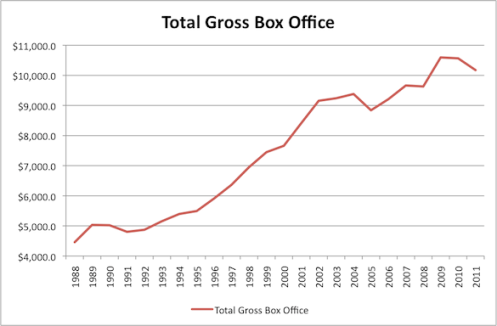Recession Proofing Your Portfolio The Gold Report
Post on: 7 Октябрь, 2015 No Comment

Recession Proofing Your Portfolio
Source: Louis Paquette, Emerging Growth Stocks (4/6/09)
What investing strategies are going to work this year? A couple that worked last year that I believe could continue to work are the Gold sector and selected Inverse (Bear) ETF’s.
What investing strategies are going to work this year? A couple that worked last year that I believe could continue to work are the Gold sector and selected Inverse (Bear) ETF’s.
Gold is entering the seasonally weak period between now and August. But I still believe it has great potential to appreciate as the U.S. Dollar is devalued due to massive printing of the currency and ongoing massive fiscal deficit spending.
But what other investing themes should we buy into to going forward? I have a couple to suggest. One has to do with the debt markets, while the other with picking stocks of companies that appear to be “recession proof” (if there is such a thing).
Sell Government Treasuries, Buy Corporate Bonds
Many analysts I follow are warning that U.S. government treasuries are forming a bubble that will burst if and when the economy bottoms out. We can short treasuries without the dangers of actually going short by purchasing an Inverse ETF I already recommended in the January Issue.
Graphic from: The Case for Bonds — Solid Corporate Issues are Offering Juicy Yields — Fortune Magazine
Then we want to go long corporate bonds. Why? Primarily — because corporate bonds are currently paying the largest spreads (4% or more) in years. This has two results. First it means corporate earnings will suffer since the cost of borrowing is relatively high, making equities less attractive. But the bondholder is getting paid more, making them relatively more attractive.
This tilts the risk reward ratio in favour of the bonds. Corporations won’t hesitate to cut their dividends to get through the tough times — or cut salaries to reduce operating expenses, hurting employees or shareholders. But the last thing the company will do is to default on their bonds as it would lead to foreclosure and bankruptcy. So the risk — reward is relatively attractive.
One way to play this might be new product (see the March Issue) or speak with a licensed securities broker for more specific ideas on corporate bonds.
Recession Proof Businesses
There is no guarantee of anything these days. But there are at least some businesses that depend less on discretionary spending and are more or less, recession proof. One candidate for this might be a Liquor related income trust we included in the March Issue. The chart has recently broken and it pays a nice yield of over 12%.
Other sectors that come to mind would be food and medical services, items which are not optional, but necessities of life. Yet another theme might be infrastructure. President Obama plans on spending $787 billion to revive the economy by improving roads, bridges and related public works. The effort will kick in later this year and accelerate in 2010, said Michael Moran, chief economist at Daiwa Securities America Inc. on March 12. So demand may remain strong for some building materials such as aggregates and the like. In recognition of these themes, I featured two emerging small caps this Issue; one in the medical/software field — and another in the infrastructure/materials sector.
To order, visit our web site www.emerginggrowthstocks.ca and take the single-issue option for U.S. $15.90.
emerginggrowthstocks.blogspot.com
– Louis Paquette`s Emerging Growth Stocks is an independent publication committed to providing an objective analysis of the markets, focusing on the TSX-Venture Exchange and individual companies with substantial upside potential over the next six to twelve months. The information contained herein is believed to be accurate but this cannot be guaranteed. The analysis does not purport to be a complete study of securities mentioned herein, and readers are advised to discuss any related purchase or sale decisions with a registered securities broker. Companies featured in EGS are often at very early stages of development and can therefore subject to business failure, and are to be considered speculative and high risk in nature. Reports herein are for information purposes and are not solicitations to buy or sell any of the securities mentioned. The author may or may not hold a position (long or short) in the securities mentioned herein. This publication may not be reproduced without the expressed prior consent of the author. The author is not a registered securities advisor, and opinions expressed should not be considered as investment advice to buy or sell securities, but rather the author’s opinion only.














